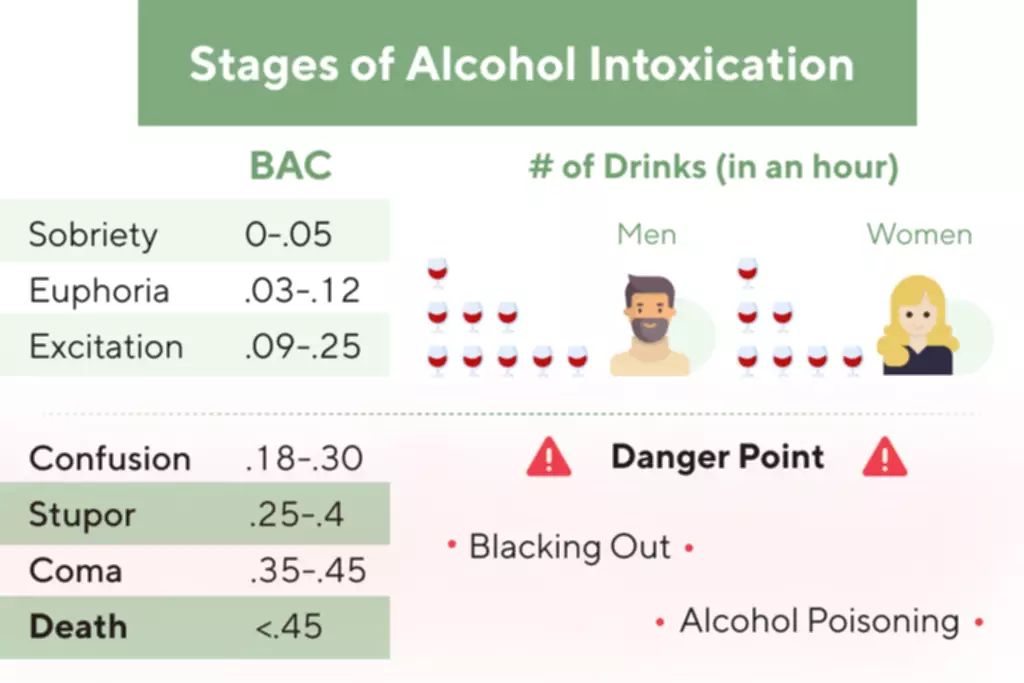
In the case of alcohol and the kidneys, the damage done to the kidneys can be traced back to the liver. Anytime a substance like alcohol is consumed, there are immediate effects and effects that can build up over time. Both of these effects can play a role in our overall health, so it’s important to be aware of them. If you drink every day, or almost every day, you might notice that you catch colds, flu or other illnesses more frequently than people who don’t drink. That’s because alcohol can weaken your immune system, slow healing and make your body more susceptible to infection. Your body breaks alcohol down into a chemical alcoholism treatment called acetaldehyde, which damages your DNA.
Long-Term Health Implications of Dehydration

However, if drinking persists, the kidneys will begin to accrue damage over time. Eventually the body will begin to fill with waste and fluids that the kidneys can no longer process. One toxin that the kidneys handle, alcohol, is particularly pernicious. While the kidneys must remove it from the blood, it also harms them in the process. Since alcohol is a drying agent, it causes an imbalance in the kidneys’ fluid level. Alcohol also causes high blood pressure, which is a leading cause of kidney disease.

The Physiology of Dehydration
However, with alcohol use, the kidneys face increased strain due to dehydration and the need to regulate blood pressure. However, if you have chronic kidney disease, you shouldn’t drink at all. So, if you struggle with misusing alcohol, it’s vital to seek treatment. If you only treat the kidney disease and continue to drink, you will not get better. Additionally, urinating often is another https://ecosoberhouse.com/ effect of alcohol on kidneys. You will typically urinate more because of the flushing of alcohol from the body.
Lasting Kidney Damage from Acute Kidney Injury
- This is the area under your ribcage, at the back of your abdomen, on both sides of your spine.
- It’s produced by the pituitary gland and tells your kidneys to conserve water.
- To gain a comprehensive understanding of the relationship between alcohol and kidney health, further research is necessary.
- But even low amounts of daily drinking and prolonged and heavy use of alcohol can lead to significant problems for your digestive system.
- They can be incredibly painful and sometimes require surgical intervention.
- Established liver disease affects the rate of blood flow to the kidneys, impairing the crucial balancing act required for proper blood filtration.
However, consult a doctor before starting any new exercise program, especially after significant alcohol use. Healthcare providers can monitor kidney function through blood tests. They can also assess for any ongoing damage and suggest interventions as needed. Certain medications and substances can also harm the kidneys. Nonsteroidal anti-inflammatory drugs (NSAIDs), certain antibiotics, and contrast dyes used in imaging can pose risks.


Some medications metabolized by the liver can be affected by alcohol consumption, leading to altered drug levels what are the first signs of kidney damage from alcohol? in the body. This can hinder the management of kidney-related diseases and complicate treatment plans. In contrast, heavy drinking leads to the development of nonischemic dilated cardiomyopathy (Klatsky 2007) and significantly increases the risk of sudden cardiac death (Hookana et al. 2011).
The body metabolizes alcohol primarily in the liver, but the kidneys also play a role in filtering out alcohol’s toxic byproducts. Chronic or heavy alcohol consumption can mean the kidneys must deal with a high load of toxins, potentially adding to their workload and reducing overall efficiency. Alcohol affects blood pressure through both short-term and long-term mechanisms. Acute intake temporarily lowers blood pressure due to vasodilation, but the body compensates by increasing heart rate and constricting blood vessels. Over time, repeated fluctuations contribute to sustained hypertension, especially in regular drinkers.
- Explore what environmental factors inspire addiction, from cultural influences to urban stress.
- For severely alcoholic patients who eat poorly, such a nutritional deficit may be an important contributor to hypophosphatemia.
- They say to drink in moderation, get regular check-ups, and change your lifestyle to avoid kidney disease.
- Medical testing by a doctor will be necessary to determine if kidney damage has occurred.
- When the kidneys are under pressure, they cannot function properly.